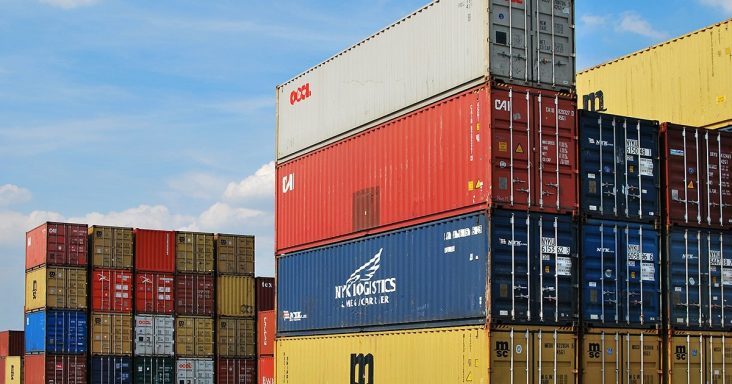Economist warns tariffs could impact consumer prices
by December 1, 2019 9:19 am 386 views

With the holiday shopping season off and running, it’s a little too early to predict if total sales will surpass last year or expectations. Economist Mervin Jebaraj says there are a number of complicating factors that could influence the final results.
Jebaraj, who appeared on this week’s edition of Talk Business & Politics, is the director of the Center for Business and Economic Research at the University of Arkansas Walton College of Business.
On the positive side, unemployment is low, wages have risen slightly, and a predicted global economic slowdown hasn’t kicked in yet.
“If you have more money, you should be able to spend more money. All things should point to a good holiday spending season. We have really low unemployment rates both here in Arkansas and the nation as a whole. Wages are going up for the nation as a whole. You know, once you adjust for inflation it’s not spectacular, but we’re still seeing some wage growth,” Jebaraj said.
The National Retail Federation expects consumers will spend a combined $730 billion this holiday season, up roughly 4% from a year ago. With fewer days between Thanksgiving and Christmas and with more shoppers buying through online channels, stores are not expected to be as crowded this year.
Jebaraj said consumer sentiment, which is still anxious about a potential slowdown, is unpredictable.
“This shopping season, if we get to what it was last year, I think will be a big positive,” Jebaraj said.
“I think consumers are a little more worried about the economy this year than they have been in previous years. I think the worries about whether there’s a global economic slowdown, whether there’ll be a recession here in the United States has affected consumer sentiment, and consumer sentiment this November leading into the holiday season is lower than in 2018 than in 2017,” he said.
The UA economist said that the tariff war this past year could also impact holiday sales, although some merchandisers were able to beat several tariff deadlines.
“As people have gone to their Black Friday shopping, they’ll find that the prices of televisions, apparel, footwear are on average maybe about 15% higher because of the tariffs that went up went into effect on September 1st,” he said. “So depending on how much those retailers and suppliers push those prices back into consumers maybe those Black Friday deals weren’t as good on those particular items, especially since those are items, you know, headphones, TVs, clothing, footwear that people tend to buy around Black Friday and those are the items that have had new tariffs slapped on them in September. Combine that with the other tariffs that are probably going to go into effect on December 15th.”
